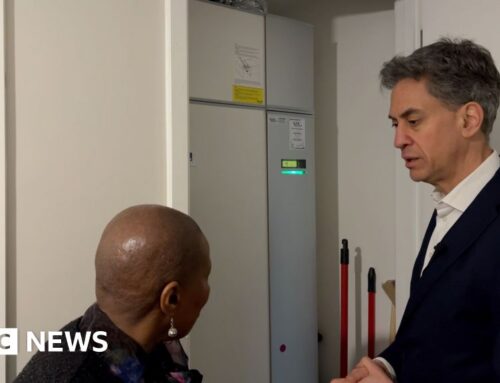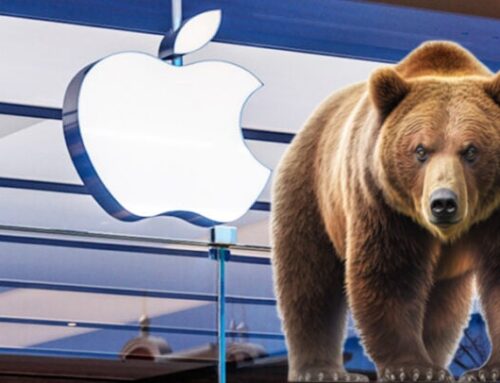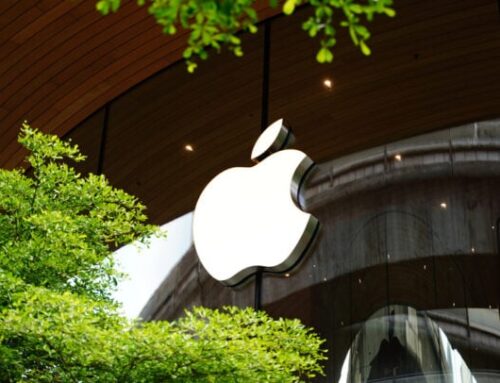Forget the film: Vatican is preparing for the real ‘Conclave’
April 23, 2025
By Alvise Armellini
VATICAN CITY (Reuters) – As the Vatican prepares for the secret meeting of cardinals who will pick a successor to Pope Francis, forget – to some extent – what you may have learned from “Conclave”, last year’s hit movie depicting high-level power games and backstabbing among the red-robed clerics.
The conclave of the so-called “Princes of the Church” that will elect a new pope is expected to start some time between May 6 and May 11. It will follow Francis’ funeral on Saturday and wider consultations among cardinals, known as general congregations.
The film, which won an Oscar in March for best adapted screenplay, is a faithful representation in terms of costumes and staging, but the blatant scheming and closing plot twist – which this article will not spoil – are too much, Church experts say.
“Let’s face it: ‘Conclave’, which takes us to the heart of one of the most mysterious and secret events in the world, is a highly entertaining film, especially for an easy-going American audience,” the Italian bishops’ newspaper, Avvenire, wrote in a December review.
“But it is impossible not to smile at certain characters or situations that, especially in the eyes of Italian viewers, risk resembling involuntary parodies,” it added.
U.S. Cardinal Sean O’Malley was scathing, saying in a February entry on his blog that the business of electing a pope is not “some sort of scene of political backroom plotting of how to get your candidate elected”.
O’Malley, a Franciscan friar who took part in the 2013 conclave that elected Francis, wrote:
“Throughout the process, we had a very acute awareness that millions of Catholics around the world were praying for us so that the Holy Spirit would guide us in our deliberations.”
FRANCIS AND HIS ‘LICENCE TO TELL’
The word “conclave” comes from the Latin “cum clave” (with a key), referring to the Medieval practice of locking cardinals up in a room until they make a decision on a new pope. That is still essentially how it works today.
Cardinals gathered inside the Sistine Chapel are banned from communicating with the outside world – no phones, television or internet – and are supposed to keep quiet about the election afterwards. But details, inevitably, filter through.
Francis himself, in an interview book published last year, broke the confidentiality rule, and did admit there were some machinations.
“Cardinals swear not to reveal what happens in the conclave, but popes have a licence to tell it,” he told Spanish journalist Javier Martinez-Brocal.
He said he was “used” in a failed attempt to block Benedict XVI, the 2005 frontrunner, with 40 out of 115 votes converging on him as cardinals behind the manoeuvre hoped this would pave the way for the emergence of another candidate.
Benedict was duly elected, Francis said, after he told one of the would-be schemers: “Don’t fool me with this candidacy, because right now I’m going to say I’m not going to accept, okay? Leave me out”.
Francis said he personally voted for Benedict because the Church needed a “transition pope” after the long papacy of John Paul II. In 2013, Francis came up as a surprise candidate, after impressing peers with a speech on the need for church reform.
This time around, there is no clear frontrunner, although British bookmakers have named Luis Antonio Tagle, a reformer from the Philippines, and Pietro Parolin, a compromise choice from Italy, as early favourites in the race.
Robert Harris, author of the book on which the film “Conclave” is based, told The Boston Globe this week that he had approached the conclave “purely from a secular point of view of someone who is interested in institutions, how they work, and the power plays within them”.
“These powerful figures are locked away in one of the most extraordinary artistic gems of the Renaissance. They’re not allowed to speak to the outside world and they have to stay there for days until they get a two-thirds majority, and that is just the most wonderful drama in itself,” he added.
“Conclave” director Edward Berger has said that while the film is set in the Vatican, it could be about the power games that take place wherever there is a top job to fill.
“And whenever that power vacuum exists, there’s going to be people striving for it. There’s going to be people fighting for it and stabbing each other in the back and trying to manipulate their way into this power,” he told Reuters in November.
Regardless of how much the book and film are fiction, interest in the story surged after Francis died on Monday.
Entertainment industry data firm Luminate reported that U.S. streaming viewership figures for “Conclave” rose by 283% on Monday compared to the previous day.
(Additional reporting by Crispian Balmer; Editing by Frances Kerry)
Search
RECENT PRESS RELEASES
Related Post



